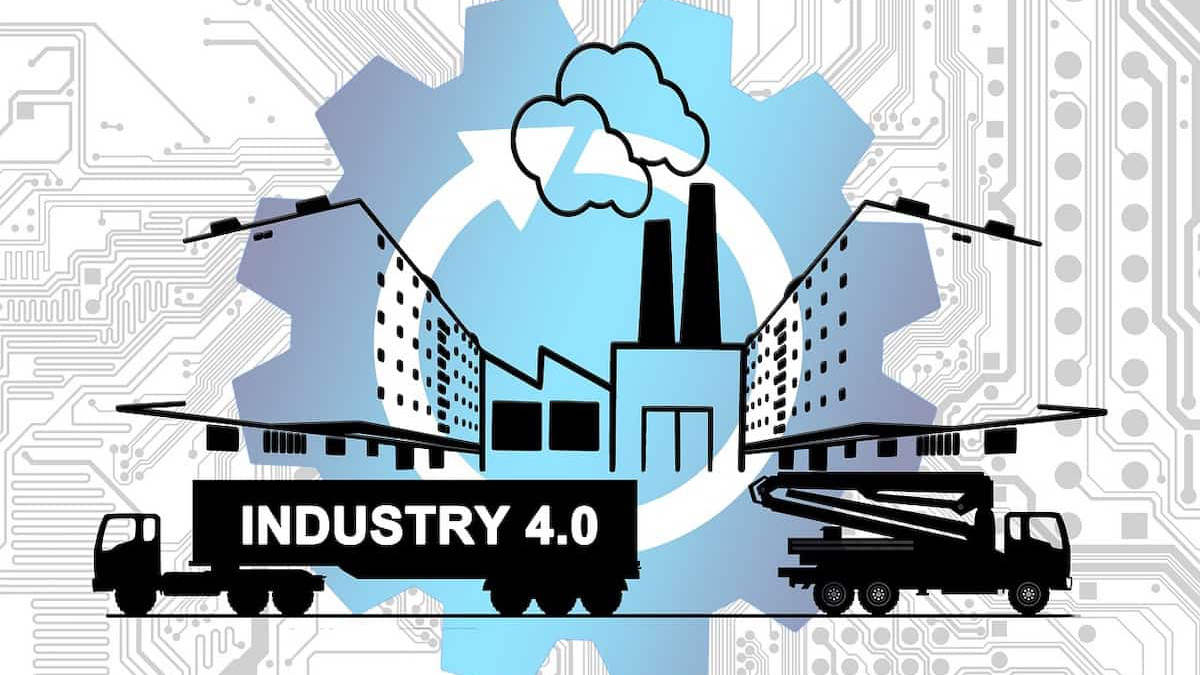In today’s fast-paced and technology-driven world, the concept of Industry 4.0 has emerged as a game-changer. This Fourth Industrial Revolution encompasses the integration of digital technologies, automation, and data-driven decision-making. As the workforce undergoes a transformation, employability assessment methods are also evolving to match the demands of this new era. This article explores the influence of Industry 4.0 on employability assessment, highlighting the paradigm shift and the redefinition of employability standards.
The Rise of Industry 4.0: A Paradigm Shift in Employability Assessment
With the advent of Industry 4.0, traditional employability assessment methods are undergoing a significant transformation. In the past, employers relied heavily on qualifications, skills, and experience to evaluate a candidate’s suitability for a role. However, the rise of automation and artificial intelligence has led to a shift in focus towards assessing a candidate’s adaptability, digital literacy, and problem-solving abilities.
Employers now recognize the importance of selecting individuals who can thrive in a technology-driven environment. Soft skills such as creativity, critical thinking, and communication have become just as crucial as technical skills. Industry 4.0 has created a need for versatile professionals who can easily navigate through the evolving landscape of digital advancements. As a result, employability assessment methods are increasingly incorporating elements that assess an individual’s ability to adapt to change, learn new technologies, and collaborate effectively in interdisciplinary teams.
Unleashing the Potential: How Industry 4.0 is Redefining Employability Standards
Industry 4.0 has opened up new possibilities for employability assessment, allowing employers to gain a deeper understanding of a candidate’s potential. The integration of data analytics and machine learning techniques enables the collection and analysis of vast amounts of information about a candidate’s skills, behavior, and performance. This data-driven approach provides valuable insights into a candidate’s strengths and weaknesses, allowing employers to make more informed hiring decisions.
Moreover, Industry 4.0 has brought about the rise of remote work and flexible work arrangements. This shift has resulted in a greater emphasis on assessing a candidate’s ability to work independently, manage time effectively, and communicate virtually. Video interviews, online assessments, and virtual reality simulations are increasingly being used to evaluate these skills. Industry 4.0 has also facilitated the growth of online learning platforms, making it easier for individuals to upskill and reskill themselves. Employability assessments are now incorporating elements that measure a candidate’s commitment to lifelong learning and their ability to adapt to the changing demands of the job market.
As Industry 4.0 continues to reshape industries and the way we work, employability assessment methods must adapt to keep up with the evolving landscape. Employers are increasingly looking for candidates who possess a combination of technical skills, soft skills, and adaptability. The integration of digital technologies, data analytics, and remote work capabilities has created new opportunities for assessing an individual’s potential. While traditional assessment methods still hold value, the influence of Industry 4.0 has paved the way for a more comprehensive and holistic approach to employability assessment. By embracing these changes, employers can ensure they are selecting individuals who are well-equipped to thrive in the dynamic and technology-driven world of Industry 4.0.

